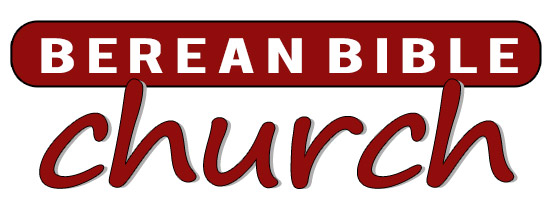How Shall We Then Live - 2015 Bible Conference
If you missed the April 2015 Bible Conference, get a download of the lectures in MP3 format (download link will be emailed within 24 hours after purchase usually), or grab the DVD set to watch the lectures. Lectures include: Alan Bondar
1 Corinthians 15 has been a major text in the controversy over the resurrection. The popular view is that Paul taught a resurrection of our physical bodies. In this lecture, we'll take a closer look at this chapter to see what Paul was actually teaching. How do the promises given to Abraham apply to us today? The answer to this question is found in the typology of Jacob. We'll learn why Jacob's role in the story is crucial to understanding the application of fulfilled eschatology. David Boone
An examination of the traditional doctrine of Hell in light of and through the same hermeneutical principles that led us to Preterism (word studies, audience relevance, context, cultural analysis, genre analysis, etc.). An examination of the doctrine of the immortality of the soul and its relation to the traditional doctrine of hell. Glenn L. Hill
Jesus is recorded as having used the Greek word, Gehenna, several times in the New Testament. In all of those instances the KJV translators translated Gehenna into our word, hell. In Christianity, hell is that place of fiery torture where all of the people, who die without Christ, will spend eternity burning, screaming, and suffering unimaginable agony and pain for all eternity, without ever dying or ever escaping. Is this what Jesus was thinking about and what He was speaking about when He used the word, Gehenna? I do not think so! And if not, then what was on our Lord's mind and of what was He warning His people? David B. Curtis
Taking a look at some very important principles of interpretation. It is because most of the church doesn't understand these principles that there is so much confusion over what the Bible means by what it says. This will be a study of Genesis 6 and examining the different views of this strange story. Jeffrey T. McCormack
The Book of Enoch has been discussed by some, debated by others, and cast out by many as irrelevant. But is it? In part one we look at a bit of the history and content of the book, and how it was treated by the early church, and begin to examine some of the evidence showing that this book was actually very influential on our New Testament Scriptures and their authors. Picking up where part one ends, we continue looking at just how influential the Book of Enoch was on the doctrines of the New Testament. |


 Within the US:
Within the US: